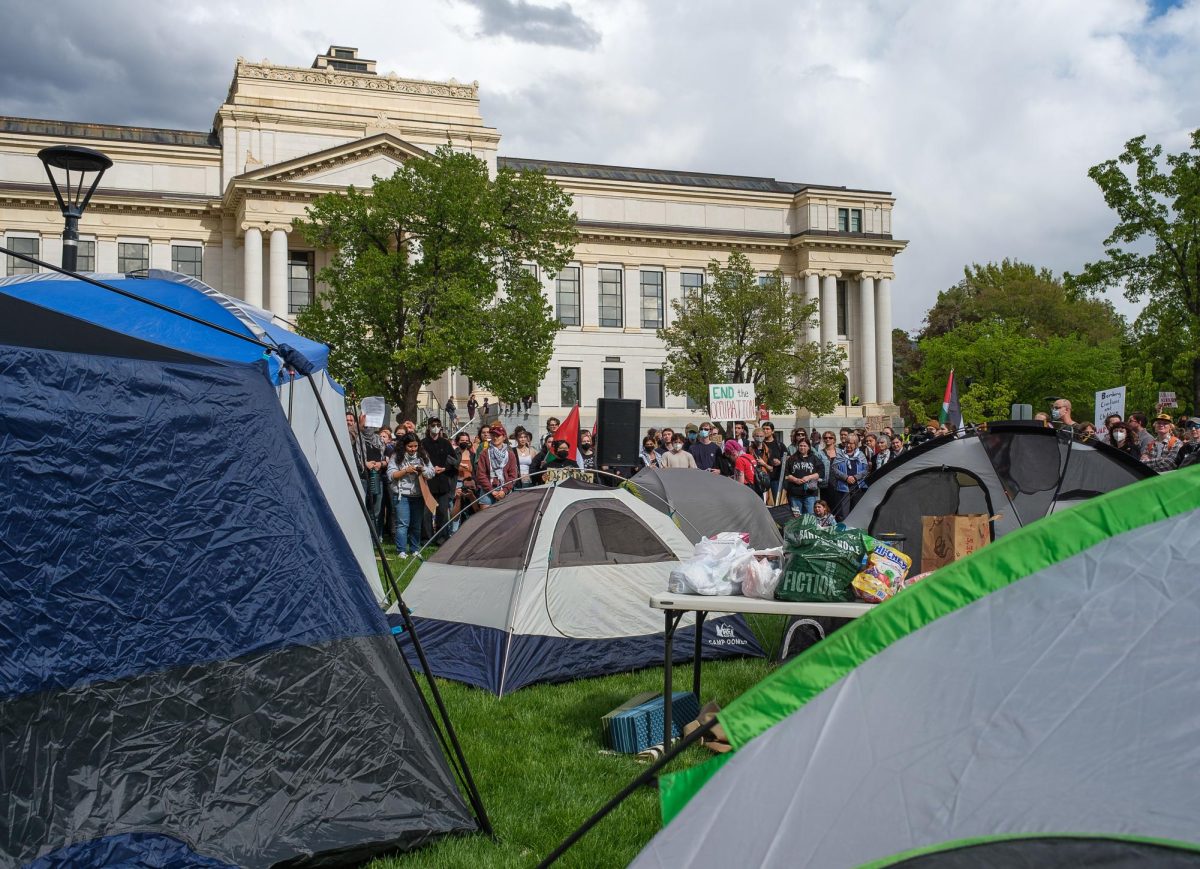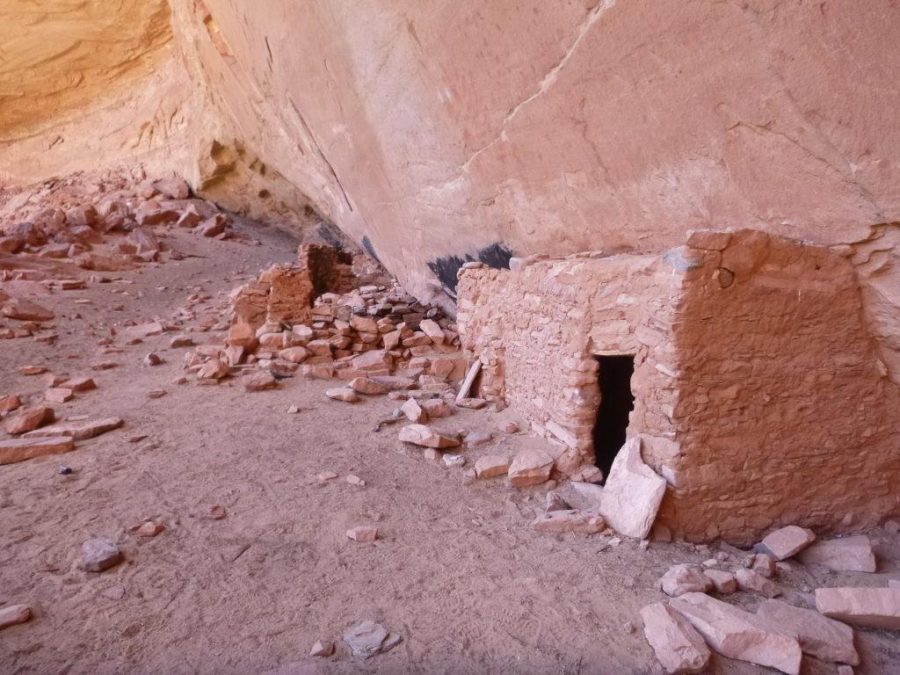In the increasingly heated battle that surrounds the proposal for a Bears Ears national monument, it can be easy to get lost in the details. Beyond all of the economic and political arguments, the proposed monument and the congressional alternative, the Public Lands Initiative (PLI), represents two competing visions for how land should be managed. However, only the Bears Ears proposal puts the land under joint management of tribal leaders that have the largest stake in the region, which happens to also be part of their ancestral home. A federal Bears Ears monument would allow tribes to have a say in how the land is managed, an approach that has been shown in Utah to promote tourism, conservation and local autonomy.
The Bears Ears proposal came as an honest plan from groups traditionally left out of the conversation but are no less affected by it – leaders of Utah tribes. As a diverse group consisting of leaders from the Navajo Tribe, Ute Mountain Ute Tribe, the Uintah and Ouray Ute Indian Tribes and the Hopi and Zuñi Pueblos, the Bears Ears Inter-Tribal Coalition is calling on President Obama to give them better control over their own land. Their proposal, the Bears Ears monument, would section off 1.9 million acres of federal land in Utah as a national monument and therefore protect it from potentially harmful private development that might damage or limit their access to the land. The plan would also institute a joint management of the monument, allowing tribal input to be heard equal to the input given by federal agencies.
But if this is a plan from a community that has long been ignored by local and state governments, you wouldn’t think it based on the rhetoric surrounding the PLI. A bill that will reach the congressional floor with support from Utah representatives Rob Bishop and Jason Chaffetz, the PLI would wrest much of the public land in Utah from federal to state hands and designate millions of acres, some of which were listed in the Bears Ears proposal for “conservation and recreation.” Presented as an alternative to the federal monument, the bill is being lauded as the victory of local over federal control. The bill’s proponents have even portrayed the measure as having tribal support using the opinions of a few outspoken tribal members that argue against federal involvement.
A closer inspection of the PLI, however, reveals that it represents anything but autonomy. The initiative notably includes no means by which tribal leaders could have a say in what happens to the land. Even as Utah leaders promise to protect tribal interests, the proposed initiative could open up millions of acres, including an oil and gas-rich region long considered by the Ute tribe to be their own, to private development. By opening some of this land up for private economic activity, it risks letting private interests have a larger say than the tribes or even the broader public. Even the land broadly declared as protected for “conservation and recreation” is not safe from private control, as the bill gives little assurance that this recreation cannot be monetized or privately managed.
In addition, the “big-government” accusations from the PLI supporters simply do not match the reality of the Bears Ears proposal. Though it would indeed be a federal declaration, it would be one coming at the behest of the tribes, all of which have hundreds of years of history in the area. The proposed joint management would also give the tribes as large a say as the federal government, preventing any possible federal overreach or mismanagement.
The Bears Ears project also does not destroy the economic benefits that the land might bring, but instead represents a proven economic model that can benefit all Utahns. In some ways the opposition to the monument seems disingenuous given Utah’s history of vastly successful national parks, all of which have aided the economy through tourism. The new landmark would likely ensure an increased interest in the area that can lead to development and revitalization of the surrounding communities. The benefits that come from Bears Ears are certainly not limited to the tribes.
In a historic call for autonomy, the natives that live in Bears Ears have turned to the federal government to protect land that they consider important from private interests. They have turned to President Obama because they have seen time and time again that their rights have not been respected by the local and state governments. The fact that the PLI includes no tribal consultation and designates historically tribal land for possible commercial use proves this fear correct. If what it takes is a federal monument for their voices to finally be heard, then we should encourage it wholeheartedly.












